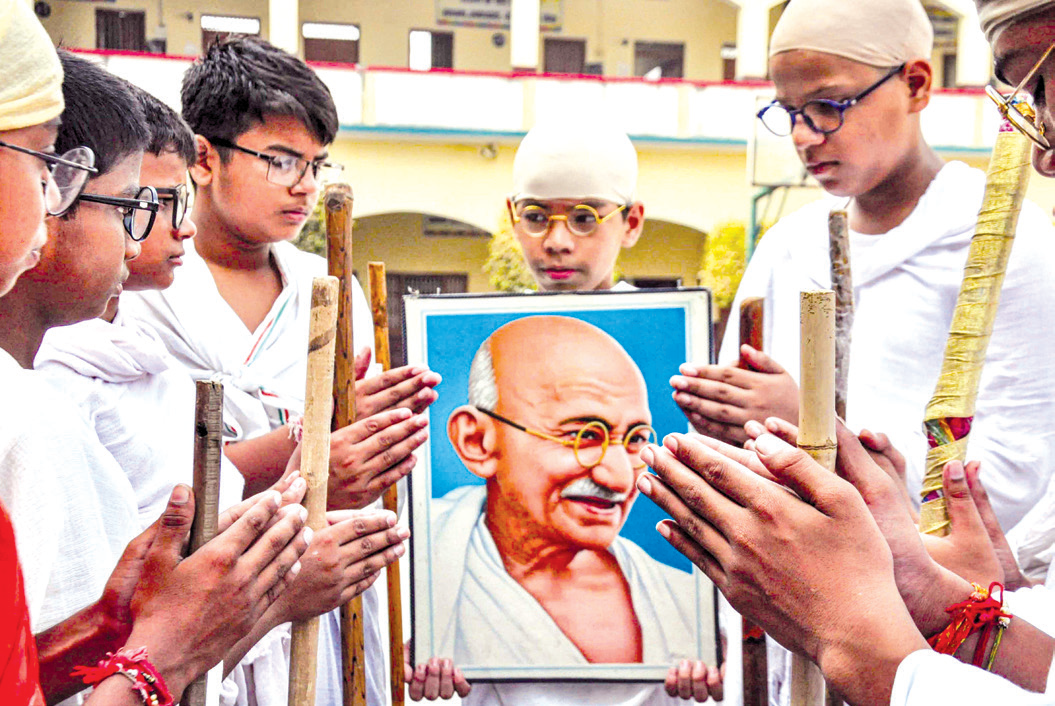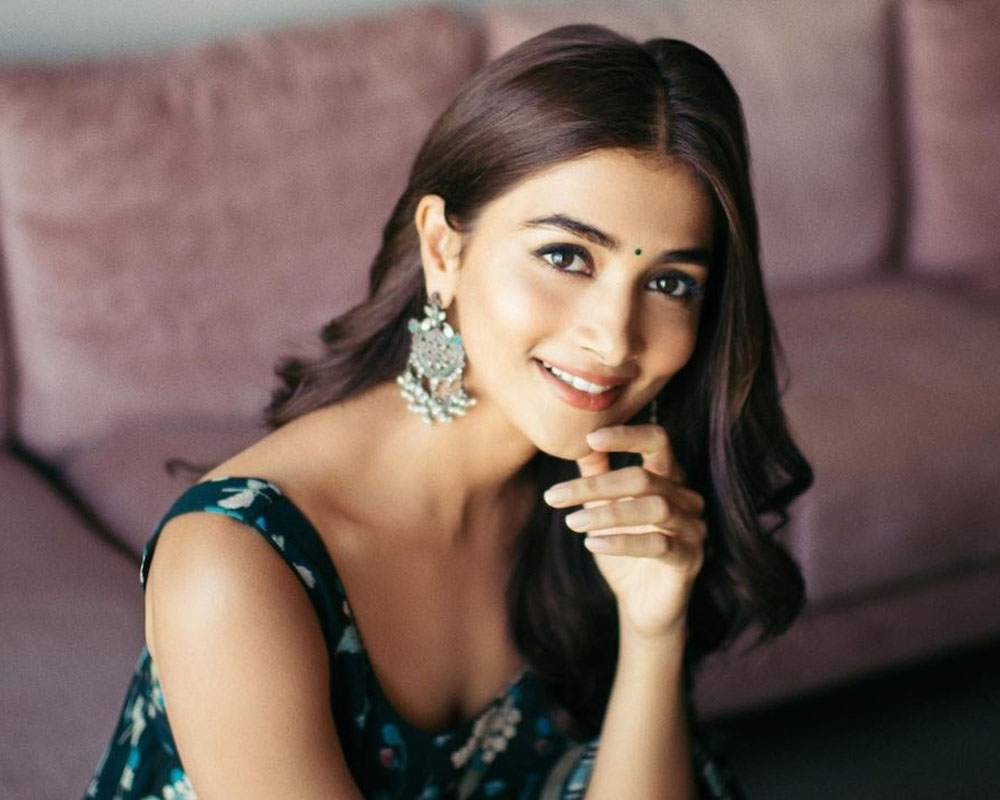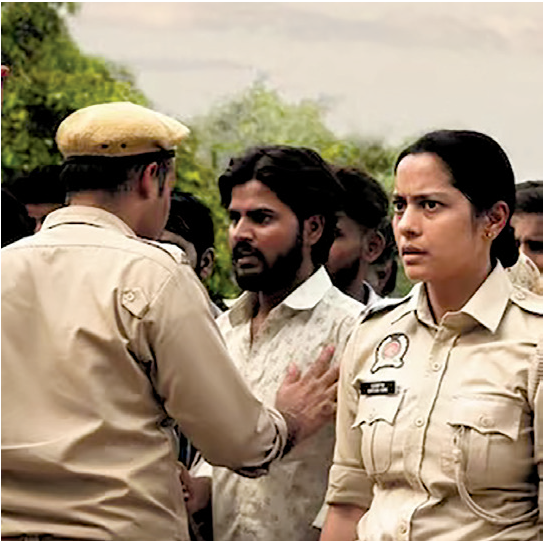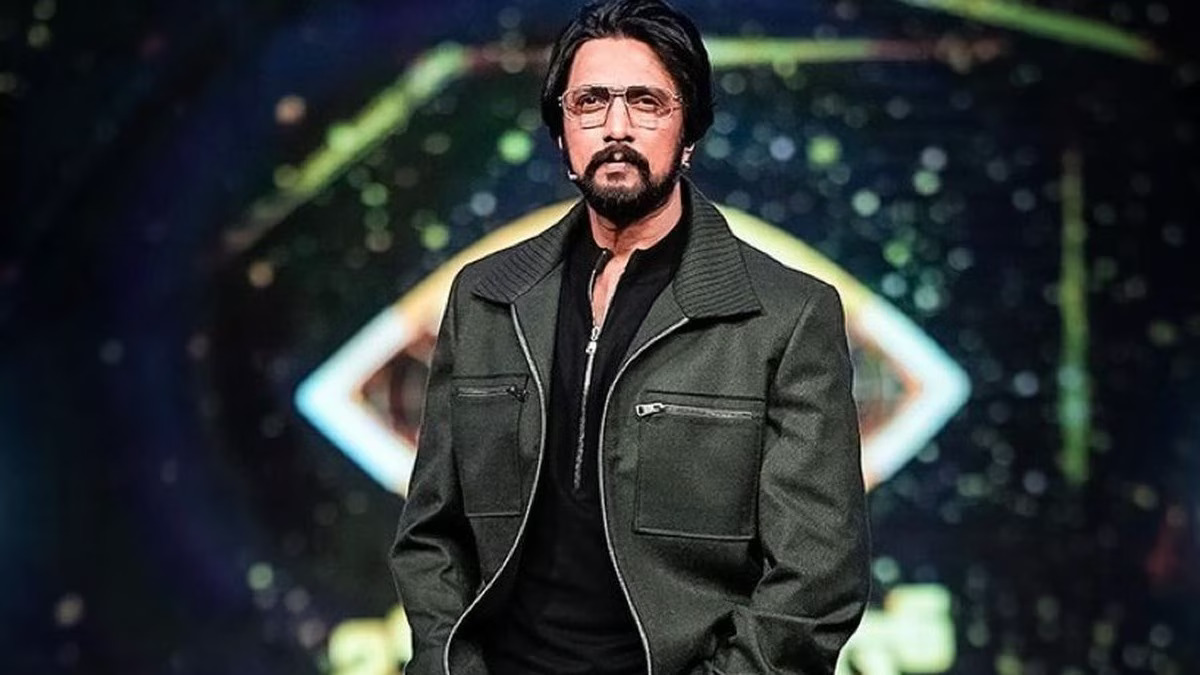
DESPITE GANDHI'S DISDAIN FOR CINEMA, IT HAS LOVED HIM UNCONDITIONALLY
PTI New Delhi: For Mahatma Gandhi, cinema was a corrupting influence on young minds, a "sinful technology". It is that very medium that has become the message of the Mahatma's life and philosophy. From biopics like Richard Attenborough's "Gandhi" (1982) or as the unseen force in "Lage Raho Munna Bhai", a 2006 film directed by Rajkumar Hirani, his life story and ideas have received myriad treatments. Since India's independence and even before, the Father of the Nation influenced many films, stage shows, and now streamers. Some were based on his life, while others propagated the values he espoused during his lifetime.
Gandhi, whose 155th birth anniversary was observed on Wednesday, had watched just one Hindi film in his life -- Vijay Bhatt's "Ram Rajya" in the 1940s. The movie was based on Hindu mythological epic Ramayana, according to the 2020 book "Mahatma Gandhi in Cinema" by Narendra Kaushik. "Gandhi had agreed to see only select reels of the movie for 40 minutes but ended up watching the film for an hour and a half. Filmmaker Vijay Bhatt, a fellow Gujarati of Gandhi, later claimed that the Mahatma looked 'cheerful' at the end of the show," Kaushik wrote in his book. But Gandhi did not think very highly of cinema as he believed films, both Hindi and foreign as well, promoted immorality and corrupted young minds, he further said in the book.
"When T Rangachariar, the then chairman of the Cinematograph Committee placed a questionnaire before him to know his views on cinema in 1937, the father of the Indian nation described cinema a 'sinful technology'. Gandhi considered cinema a waste of resources and time," he said. Despite Gandhi's disdain, cinema has loved him unconditionally. From "Jagriti" in 1954 to "Lage Raho Munnabhai" in 2006, the list is long. Gandhi was eulogised by Hindi poet Kavi Pradeep in the song "De di azadi hamein bina khadag, bina dhaal, Sabarmati ke sant tune kar diya kamal" (You gave us freedom without using any weapons, o saint of Sabarmati, you are great) from "Jagriti". Other films of the era recall the complex idealism that Gandhi represented. Dilip Kumar's 1957 movie "Naya Daur" dealt with the man versus machine debate.
V Shantaram's "Do Ankhen Barah Haath", released the same year, focuses on the rehabilitation of six criminals by a humane jail warden. There is an entire genre of films based on chapters from Gandhi's life with Attenborough's "Gandhi" being considered the pinnacle of his depiction in cinema. While it was a British production, the film had a monumental influence on Indian cinema's approach to Gandhi's portrayal. It won Ben Kingsley a best actor Oscar trophy. Many films have chosen to focus on specific aspects of Gandhi's life story. The Sanjay Dutt-star rer "Lage Raho Munna Bhai" popularised the concept of "Gandhigiri" through its story of a simple hearted goon who finds guidance in Gandhi's teachings. Gandhi was played by Dilip Prabhavalkar in the movie. Films like Shyam Benegal's "The Making of the Mahatma" in 1996 took a nuanced look at Gandhi's transformation from a young lawyer in South Africa into the Mahatma.
Starring Rajit Kapoor, the film was based on the book "Apprenticeship of a Mahatma" by Fatima Meer. Another movie, "Gandhi, My Father" by Feroz Abbas Khan, presented a more intimate portrayal of Gandhi (Darshan Jariwala) the man and focused on his strained relationship with his son Harilal, played by Akshaye Khanna. The 2007 film made a stark contrast between Gandhi's public image and his private life, revealing the emotional toll that his mission for independence took on his family. There were many other films in which Gandhi plays a prominent role -- "The Legend Of Bhagat Singh", "Netaji Subhas Chandra Bose: The Forgotten Hero", "Viceroy's House" and the TV show "Samvidhaan" being some of them.
 English daily published in Bengaluru & Doha
English daily published in Bengaluru & Doha


.jpeg)
.jpeg)

